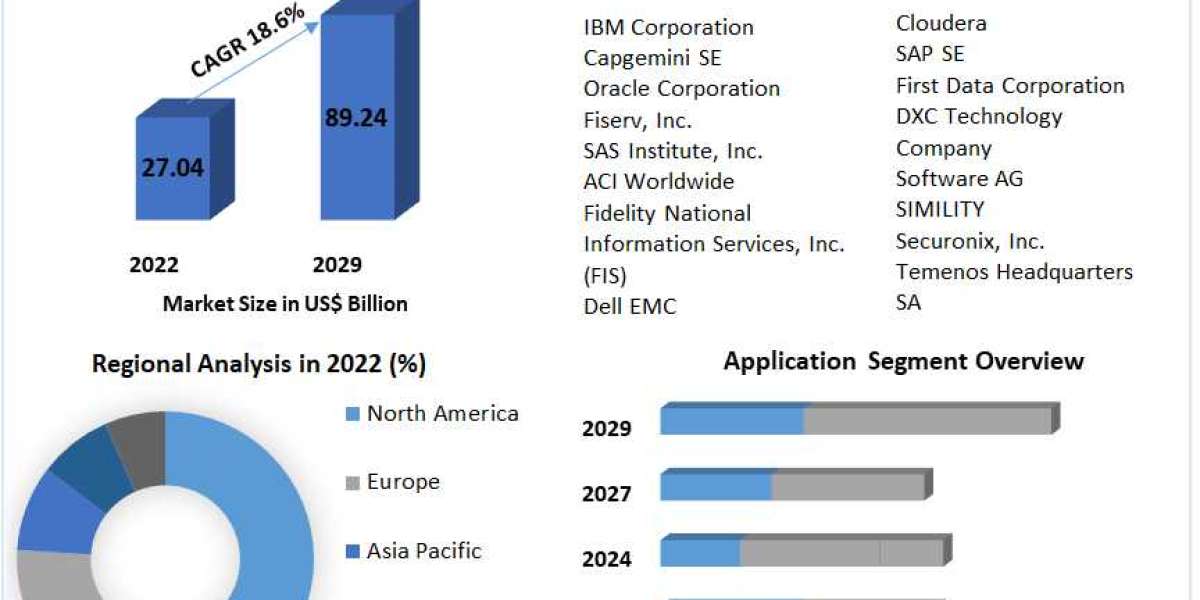Hard Disk Market Analysis
In the digital age, where data has become the lifeblood of businesses and individuals alike, the importance of reliable and high-capacity storage solutions cannot be overstated. At the heart of this ecosystem lies the hard disk drive (HDD), a tried-and-tested technology that continues to serve as a cornerstone of data storage infrastructure. Let's delve into the intricacies of the hard disk market, examining its key drivers, challenges, and future prospects.
Market Overview
The Japan Hard Disk Market encompasses a range of products designed to store and retrieve digital data in various applications, from personal computers and enterprise servers to data centers and cloud storage facilities. Hard disk drives (HDDs) utilize spinning magnetic disks and read/write heads to store and access data, offering high capacity, durability, and cost-effectiveness compared to alternative storage technologies such as solid-state drives (SSDs).
Drivers of Market Growth
Several factors are driving the growth of the hard disk market:
- Explosion of Data: The exponential growth of digital data generated by individuals, businesses, and connected devices is driving the demand for high-capacity storage solutions. From multimedia content and enterprise databases to IoT-generated data streams, the need to store and manage vast amounts of data is fueling the demand for hard disk drives.
- Enterprise Storage Requirements: Businesses of all sizes rely on robust storage infrastructure to manage critical data assets, support applications, and ensure business continuity. Hard disk drives, with their high capacities and proven reliability, continue to be the preferred choice for enterprise storage solutions, including network-attached storage (NAS), storage area networks (SAN), and cloud storage platforms.
- Demand for Cost-Effective Storage: While solid-state drives (SSDs) offer superior performance and speed, HDDs remain the go-to solution for cost-effective bulk storage. In applications where performance is not the primary concern, such as archival storage, data backup, and cold storage, HDDs offer a compelling value proposition in terms of cost per gigabyte.
- Growth of Edge Computing: The proliferation of edge computing and IoT devices is driving demand for distributed storage solutions closer to the point of data generation. Hard disk drives play a crucial role in edge storage applications, providing reliable, high-capacity storage for local data processing and analytics.
Market Segmentation
The hard disk market can be segmented based on various factors, including:
- Form Factor: HDDs are available in different form factors, including 3.5-inch and 2.5-inch drives for desktop and laptop computers, respectively, as well as smaller form factors for specialized applications such as surveillance systems and embedded devices.
- Interface: HDDs utilize different interfaces for data transfer, including Serial ATA (SATA), Serial Attached SCSI (SAS), and Fibre Channel (FC), each catering to specific performance and compatibility requirements.
- Application: HDDs are deployed in a wide range of applications, including consumer electronics, personal computing, enterprise storage, surveillance, gaming consoles, and automotive systems, each with unique performance, capacity, and durability requirements.
Key Players and Competitive Landscape
The hard disk market is dominated by several key players, including Seagate Technology, Western Digital Corporation, Toshiba Corporation, and HGST (a subsidiary of Western Digital). These companies offer a comprehensive portfolio of HDD products tailored to different market segments and applications, ranging from high-performance enterprise drives to cost-effective consumer solutions.
Competition in the market is driven by factors such as product performance, reliability, pricing, and after-sales support. Companies differentiate themselves through innovations in HDD technology, including advancements in areal density, drive architecture, error correction mechanisms, and data management features.
Challenges and Future Outlook
Despite the steady demand for hard disk drives, the market faces certain challenges, including:
- Competition from SSDs: The growing popularity of solid-state drives (SSDs) poses a challenge to the dominance of HDDs, particularly in applications where performance and speed are critical. While SSDs offer advantages in terms of speed, durability, and energy efficiency, HDDs continue to maintain a competitive edge in terms of cost per gigabyte.
- Data Center Consolidation: The trend towards data center consolidation and cloud migration is driving demand for high-capacity, high-performance storage solutions optimized for virtualized environments and hyperscale data centers. HDD manufacturers are responding by developing helium-filled drives, shingled magnetic recording (SMR) technology, and other innovations to meet the evolving needs of cloud storage providers.
- Environmental Considerations: Concerns about energy consumption, carbon footprint, and electronic waste are prompting organizations to explore more sustainable storage solutions. HDD manufacturers are investing in energy-efficient drive designs, recyclable materials, and end-of-life recycling programs to address these concerns and minimize the environmental impact of HDDs.
Despite these challenges, the future outlook for the hard disk market remains positive, driven by the continued demand for reliable, high-capacity storage solutions in a data-driven world. As HDD manufacturers continue to innovate and adapt to changing market dynamics, the role of hard disk drives in storing and safeguarding digital data is expected to endure, ensuring their continued relevance in the storage landscape for years to come.



